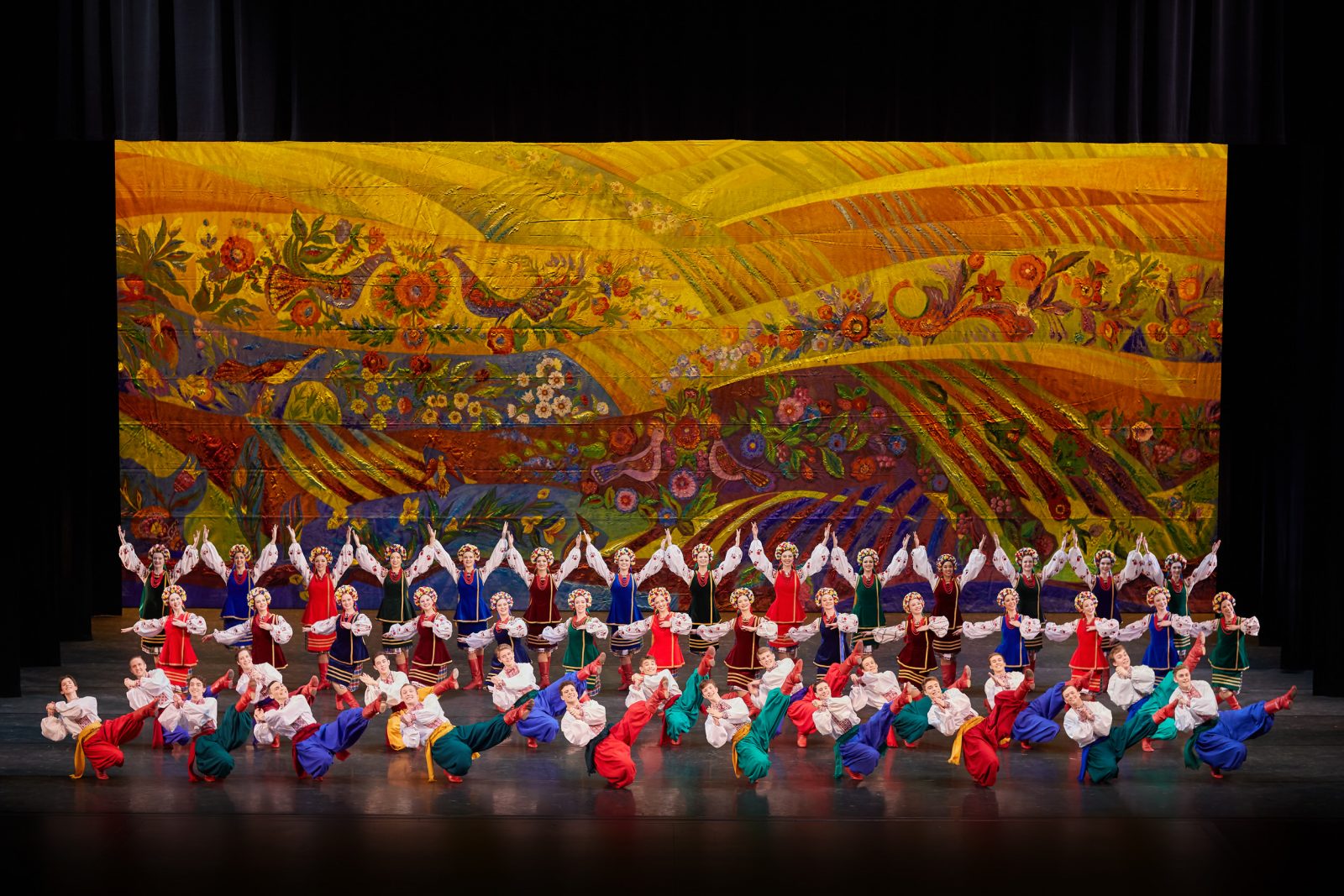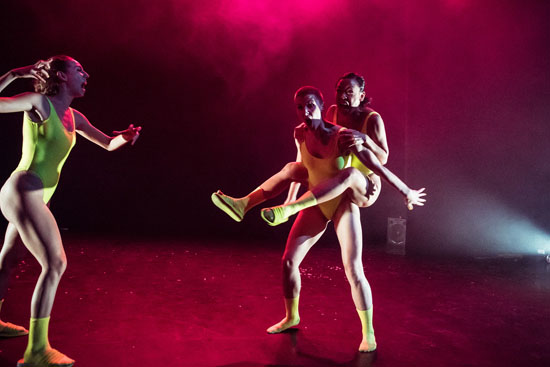This article is published through our Regional Reporter Program. We acknowledge the support of the Canada Council for the Arts through the Digital Now initiative.
After war broke out in Ukraine, the Ukrainian Shumka Dancers paused to decide whether they should go forward with their scheduled tour of Canada. Was this a time to celebrate Ukrainian dance?
Alberta has the second-largest Ukrainian population in Canada outside of Russia and Ukraine itself. The region of Edmonton, where the Ukrainian Shumka Dancers have been operating for 63 years, has the largest Ukrainian diaspora population.
“After much deliberation, the company decided that this tour was more important than ever. Our mission is to continue to create, to continue to share the work that we do. We need to share [the message] that [Ukraine] is an independent nation, a nation that has their own culture and their own distinct traditions,” said Les Sereda, Shumka’s senior creative director.
“I think it’s more important to show the strength of that culture than ever before,” said Darka Tarnawsky, the company’s executive director. “I think [that] for a lot of people in Alberta, their experience or knowledge of Shumka is probably a big part of their understanding of Ukrainian culture.”
The Jeanne & Peter Lougheed Centre in Camrose, Alta., has presented Shumka three times in the past and is hosting a residency in July for their new work, with all the ticket sales from the presentation going directly to the Canadian Ukrainian Foundation.
“Because I believe so strongly in [Shumka’s] work and I already have such high regard for the quality of their dance, I’m more than happy [to present] this without having any idea what it’s going to be when it premieres because their work is just so great,” said Nick Beach, the general manager of the Lougheed Centre.
“One of the things I love about their work is that they blend elements of a very traditional Ukrainian dance in a very contemporary way,” said Beach.
“We take great care to ensure that we are representing the Ukrainian community and continue trying to appeal to the greater dance and arts community and that our work is relevant, contemporary and represents a broader Canadian culture as well,” Sereda said. “We believe that dance lives and breathes and doesn’t belong in a museum.”
Shumka launched their tour in Edmonton and travelled to Saskatchewan and Manitoba in the spring. They will take a break for the summer and continue in the fall. Their touring work includes a dance-theatre piece based on a Ukrainian folk tale called Mosquito’s Wedding, an adaptation of past signature work – Echoes of Hopak – and a film project that is a tribute to the 130th anniversary of Ukrainian immigration to Canada titled Promised Land. The tour also includes a piece intended to make a statement on the current war.
“We needed to take [a] pause and reflect [on] the seriousness of it, to not just be happy Ukrainians all the time,” Sereda said.
“We are sharing the message of Ukrainian culture and how beautiful it is. We’re not Russian, as much as that’s what Russia is trying to tell the world right now. Ukraine has a unique culture with its own traditions, its own people, its own language. It should be celebrated and promoted,” Sereda said.
Tagged:






